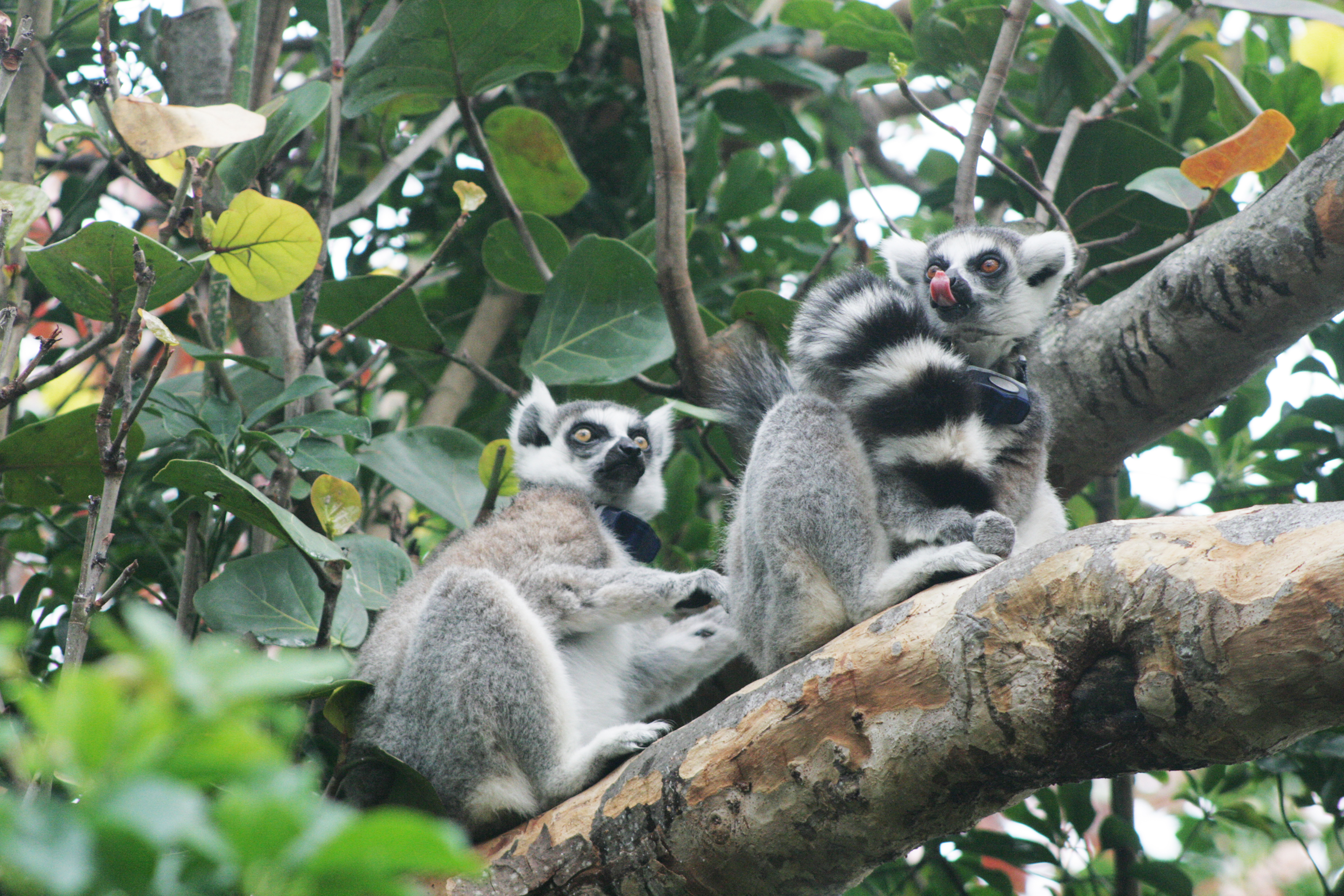Recent News
Video: Shark Makes ‘Visit’ To Shelly Bay BeachMonday, June 04, 2018
Yet another video of a shark has gone viral, this time with footage appearing to show the shark coming in close to shore at Shelly Bay Beach.
Say no to Plastics
Friday, June 01, 2018
Today, June 8th, is World Oceans Day, and the theme for this year is the prevention of plastic pollution to encourage healthy oceans. On World Oceans Day, people around our blue planet celebrate and honour the ocean, which connects us all.
Kids donate birthday money to BZS
Friday, June 01, 2018
Instead of spending their birthday money on video games or the latest dolls, on Monday 14th May 11-year-old Oliver "Olly" Cherry and 8-year-old twins Hayleigh and April Cherry presented Dr. Ian Walker, curator of the Bermuda Aquarium, Museum and Zoo, with a donation of their birthday money to be put towards the Bermuda Zoological Society's education programmes.
Choy goes to “Raw” at the Florida Aquarium
Friday, June 01, 2018
Last month BAMZ Aquarist, Choy Aming, was able to attend the Regional Aquatics Workshop - RAW - at the Florida Aquarium in Tampa, thanks to the funding from the Bermuda Zoological Society. The workshop took place from 14th-18th May, and according to Choy it was an intensive 5 days.
MSA students raise money for the BZS Amphibian Project
Friday, June 01, 2018
On Wednesday, 28th March the students of the two Mount Saint Agnes' grade 3 classes held their "TOAD-ally Terrific tag sale", a fundraising event for the Amphibian Project which is supported by the Bermuda Zoological Society (BZS). After the two-day event, the students were able to raise over $1,300 for the Amphibian Project.
About
GovernanceAbout Us
Newsletter
Latest News
Gift & Bookstore
Contact
General Inquiries
info@bzs.bm
Latest News
All the latest updates and news from the Bermuda Aquarium, Museum, and Zoo, one of Bermuda's leading visitor attractions!

The residents of the Bermuda Aquarium Museum and Zoo have not received Covid-19 vaccinations, but that could change as research continues.
Ian Walker, principle curator at BAMZ, confirmed that while some larger zoos in the United States have been working with a vaccine manufacturer to test a potential vaccine on a variety of species, no such vaccinations have been performed at BAMZ.
Dr Walker said: “It is my understanding that the United States Department of Agriculture has approved this vaccine for experimental use on a case-by-case basis in the United States only.”
He added that the number of species known to contract Covid-19 – and show symptoms of the virus – is still growing.
Dr Walker said: “The number of species of animals that are known to become infected, including showing symptoms, with this virus are growing.
“This is why we have taken the strict precautions we have at BAMZ from the start of the pandemic. These precautions help to protect our staff, animals and our visitors.
“We will continue to follow the science, work with our partners and will vaccinate the appropriate animal populations when a vaccine has been approved and we can gain access to it.”
The US-based Centres for Disease Control said that “companion animals” such as cats and dogs, along with several other species, have been able to contract the virus.
The CDC said: “There have been reports of animals infected with the virus worldwide. Most of these animals became infected after contact with people with Covid-19.”
Along with a small number of pets, zoo animals including lions, tigers, pumas, cougars, snow leopards and gorillas have tested positive for Covid-19 after showing signs of illness.
Minks at farms in several countries have also been shown to contract the virus, with mink to human spread of Covid-19 reported in the Netherlands, Denmark and Poland.
Recent experimental research has shown that many other mammals, including bank voles, ferrets, fruit bats, hamsters, pigs, rabbits, racoon dogs, tree shrews and white-tailed deer can be infected with the virus.


